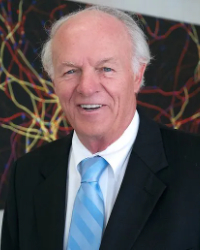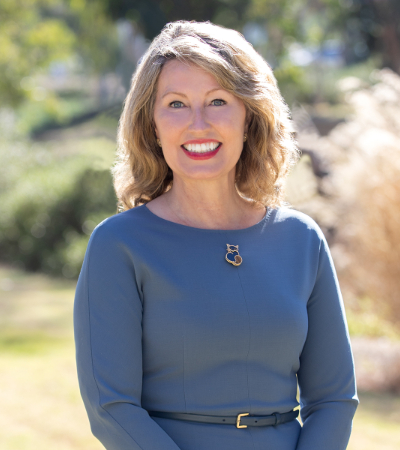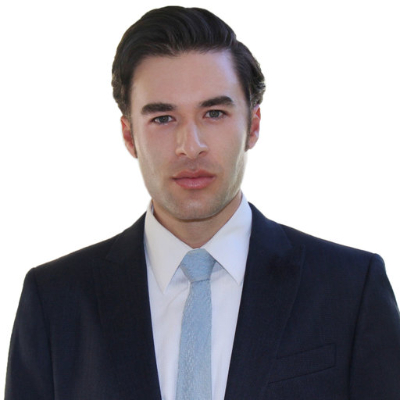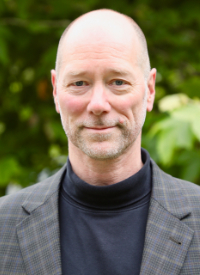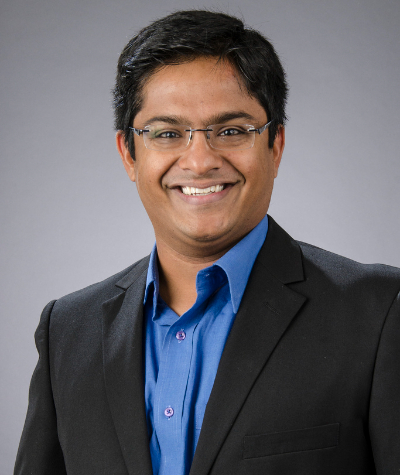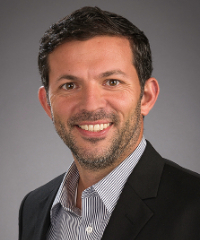Scientists Discover a New Signaling Pathway and Design a Novel Drug for Liver Fibrosis
Health & Behavior
In fiscal year 2023, the University of California San Diego spent $1.76 billion on research, up from $1.64 billion the previous year — a more than 6 percent increase.
This marks more than a decade of sustained growth in research funding and encompasses an increasingly complex and ambitious research portfolio year-over-year.
“Our continued growth as a global research powerhouse can be seen in the increasing and continued investments from government and state agencies, corporations, private industry, nonprofits, foundations and individual donors,” said Chancellor Pradeep K. Khosla.
The university received its largest research gift ever this year, a multi-year $150 million gift from T. Denny Sanford to establish the UC San Diego Sanford Stem Cell Institute, which is harnessing the power of stem cell research to address a wide range of diseases, including cancer.
“The vast majority of our funders have donated previously and seen the type of innovative research we are capable of and its impact,” said Khosla. “They want to support our unwavering commitment to producing research that improves the world in which we live. Our ability to sustain the quality and impact of this research would not be possible without this type of support.”
Sanford is a long-time donor and university champion who contributed to what was another record-breaking year in UC San Diego philanthropic support. The private funds also contributed to stable and innovative programs that are attracting state and federal investments to propel the science of health forward.
Professor of Medicine Catriona Jamieson, director of the Sanford Stem Cell Institute, employed over $8 million in funding from a state of California grant to further discoveries within UC San Diego Health’s California Institute for Regenerative Medicine Alpha Stem Cell Clinic. The clinic is dedicated to accelerating the testing and delivery of safe, effective stem cell-based therapies in regenerative medicine.
“Our School of Medicine is a consistent national leader in health innovation because of the collective strength, ingenuity and passion of our faculty and researchers in this field, but there is no community on campus that isn’t involved in research or societal improvement through creative enterprise,” said Corinne Peek-Asa, Vice Chancellor of Research. “Our greatest strength comes from the partnerships we leverage on campus and around the world.”
She noted efforts like that of Professor Aladdin Shadyab, who leads a study that spans five institutions across the country including three professors of epidemiology in the Herbert Wertheim School of Public Health and Human Longevity Science. His team is addressing a pervasive public ailment, Alzheimer’s disease, with $7.5 million in funding from a five-year National Institutes of Health (NIH) grant to identify plasma proteomic signatures for Alzheimer's disease and related dementias and cognitively healthy longevity.
Our greatest strength comes from the partnerships we leverage on campus and around the world.
The School of Public Health more than tripled its research award spending last year going from $9.6 million to $31.6 million. The largest growth for the school came from state of California dollars and NIH funding.
And though NIH funding counts for the highest investment in UC San Diego research, the National Science Foundation is a consistent supporter of enterprising research at the university.
There are countless examples on campus of researchers working across disciplines to advance research efforts by building brain trusts that spark breakthroughs.
The multidisciplinary Materials Research Science and Engineering Center (MRSEC) on campus is supported by NSF and accounted for $6 million of research spending last year. The spending was part of a six-year $18 million grant.
Led by Distinguished Professor of Chemistry and Biochemistry Michael Sailor, the team weaves 19 UC San Diego faculty members and their labs from the School of Physical Sciences, the Jacobs School of Engineering and the School of Biological Sciences into a large community of computational and materials science researchers.
At the heart of the MRSEC are student programs designed to diversify materials science and build a strong partnership with the educational arm of San Diego's Fleet Science Center.
Collaborations beyond campus are more common than ever as researchers harness their creativity to solve the world’s most challenging problems, including Professor Karthik Muralidharan of the Department of Economics in the School of Social Sciences.
Muralidharan, Tata Chancellor's Professor of Economics, and his team were awarded a grant to generate evidence-based methods to improve education outcomes at scale in India.
Last year, the grant employed $1.8 million of a multi-year grant from the Bill and Melinda Gates Foundation.
The School of Social Sciences accounted for more than $30 million in award spending last year and represents some of the many projects UC San Diego hosts that are occurring collaboratively around the world.
A project led by Gordon McCord, associate teaching professor of economics at the UC San Diego School of Global Policy and Strategy, uses state-of-the-art infectious disease prediction to support health ministries across tropical South America.
McCord also leads three current projects studying infectious disease risk, regional decarbonization and data-driven government planning to meet sustainable development goals.
This year, the School of Global Policy and Strategy more than doubled its research spending from $2.3 million to $4.7 million.
The accomplishment speaks to the culture of creative exploration and innovation campus-wide.
The Office of Research Affairs which includes the Office of Innovation and Commercialization (OIC) is not just cheering on these developments, but partnering with faculty, staff, students and external partners to expand the potential of their work and make commercial success more viable.
“We continue to break new ground in invention, startups, patents and licenses because of the impact of our research products and the guiding force of UC San Diego to contribute to global and economic good throughout our community and the world,“ said Paul Roben, Associate Vice Chancellor of OIC.
In fiscal year 2023, there were 390 unique disclosures of viable inventions, placing us among the world’s top innovation universities. Disclosures are a necessary first step to obtaining a patent by announcing that a new idea, process or technique is being proposed. This starts a verification process that vets the uniqueness of the proposed idea before patents or licenses can be issued.
UC San Diego disclosures led to more than 200 patents (including both U.S. and non-U.S. patents) and 15 new business startups. This puts the university among the top three nationwide for business startup creation, according to the Association of University Technology Managers.
“Creating a viable business is not the goal of research but creating a pipeline for the workforce, industry and leadership of the future cannot be separated from the research, discovery, enterprise cycle,” said Peek-Asa.
We continue to break new ground in invention, startups, patents and licenses because of the impact of our research.
Keep up with all the latest from UC San Diego. Subscribe to the newsletter today.
